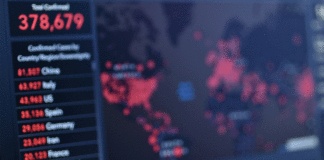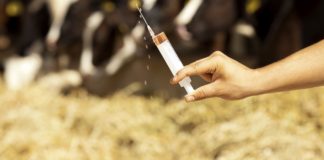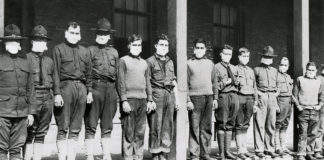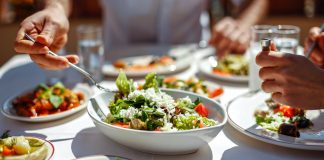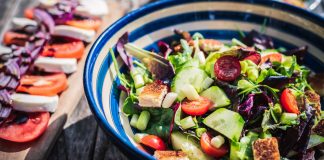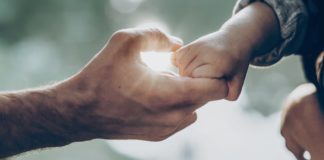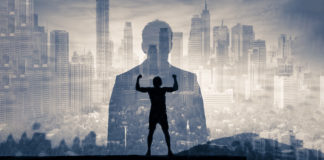COVID-19: Seeds of goodness in the midst of the pandemic
In recent weeks, we have all experienced a state of unrest. Our eyes have been on the rising numbers of COVID-19 infections, as we try to comply with the restrictions imposed by the state of emergency. But we have also had bright moments, moments we might not have anticipated just a short time ago.
COVID-19: Rehearsal for the big surprise
There has been a lot of speculation in the online environment about COVID-19 and the end of the world, but the connection between the two is more subtle than it first appears. It has been suggested that the pandemic is only the tip of the iceberg, that it is one of the seven last plagues of Revelation, or that it is the fourth...
COVID-19 complications, during and after the disease
It will soon be two years since the virus known as COVID-19 started to roam around the world. The sad toll of this disease—over 5 million victims worldwide—is still incomplete, because we are far from seeing an end to the pandemic. It has been the largest public health crisis in the last century.
The fragility of the good news about COVID-19 mortality
The mortality rate of COVID-19 remains high, but not as high as its transmission rate, and this good news needs nuances and explanations.
COVID-19: White money for black days: using savings when you #stayhome
One of the most powerful pieces of literature illustrating the proper preparation for a financial crisis comes from antiquity. More precisely, from the Bible.
Second-hand antibiotics
We might be tempted to believe that most antibiotics are distributed to people through pharmacies and hospitals. The reality, however, is surprising.
The wellness expert amateurs who sickened us
In Europe, few people know Gwyneth Paltrow as anything other than an American actress. In the United States, however, her "modern lifestyle" wellness brand called goop is growing her reputation—in a negative way.
Spanish flu to COVID-19: Lessons from a forgotten pandemic
The Spanish flu filled graves in almost every cemetery in the world. However, surprisingly, this tragedy had largely been forgotten until recently. A century later, the issue returned to the centre of attention, with specialists wondering if they can identify a pattern in the evolution of the COVID-19 health crisis based on the pandemic from a century ago.
Vegetarian essentials
We all know that what we put into our bodies can have a direct impact on our health. It’s the reason we’re so frequently bombarded by different diet options, all promising in one form or another to help us “lose weight,” “feel fresh and energetic” or even to “cure autism and reverse chronic fatigue.” Fad diets aside, dietitians, nutritionists and healthcare professionals mostly...
Low-carb diets can shorten life expectancy
A diet that significantly reduces carbohydrate intake may shorten life by up to four years, according to a study published in The Lancet Public Health.
Evidence-based medicine: How to set a foundation for trusting the doctors
How can I be sure that the recommendations I receive after a medical consultation are correct? In the article below, we discuss evidence-based medicine.
Love in the Time of COVID-19
As we know all too well, life can be hard. Even in the best of times, life can be hard. But now this, a pandemic? How are we to cope?
Things to avoid in order to have a strong mind
Psychologists recommend all sorts of things you need to do or have in order to nurture a healthy and strong mind, such as tenacity, ambition or optimism, but there are also some things you should avoid for the same purpose.
COVID-19: Crisis prayer and the crisis of our prayers
I was descending from Omu Peak, in the Bucegi Mountains, with a few dozen young people. It had not been an ideal hike, and we were behind schedule. The forest made the darkness even thicker as it began to cover the mountain, and slowly, our minds as well.
From the duty to remember to the right to forget
What if we could modify or even completely erase painful, sad, or traumatic memories? While this concept currently belongs to the realm of science fiction, advances in science may soon make memory modification possible. Yet, experts remain divided on one fundamental question: could the potential benefits of altering memories outweigh the risks involved?















